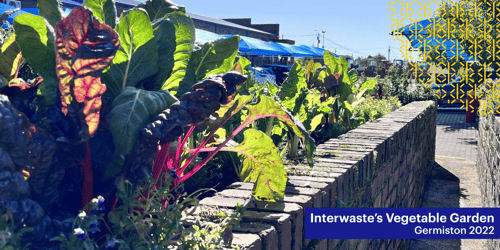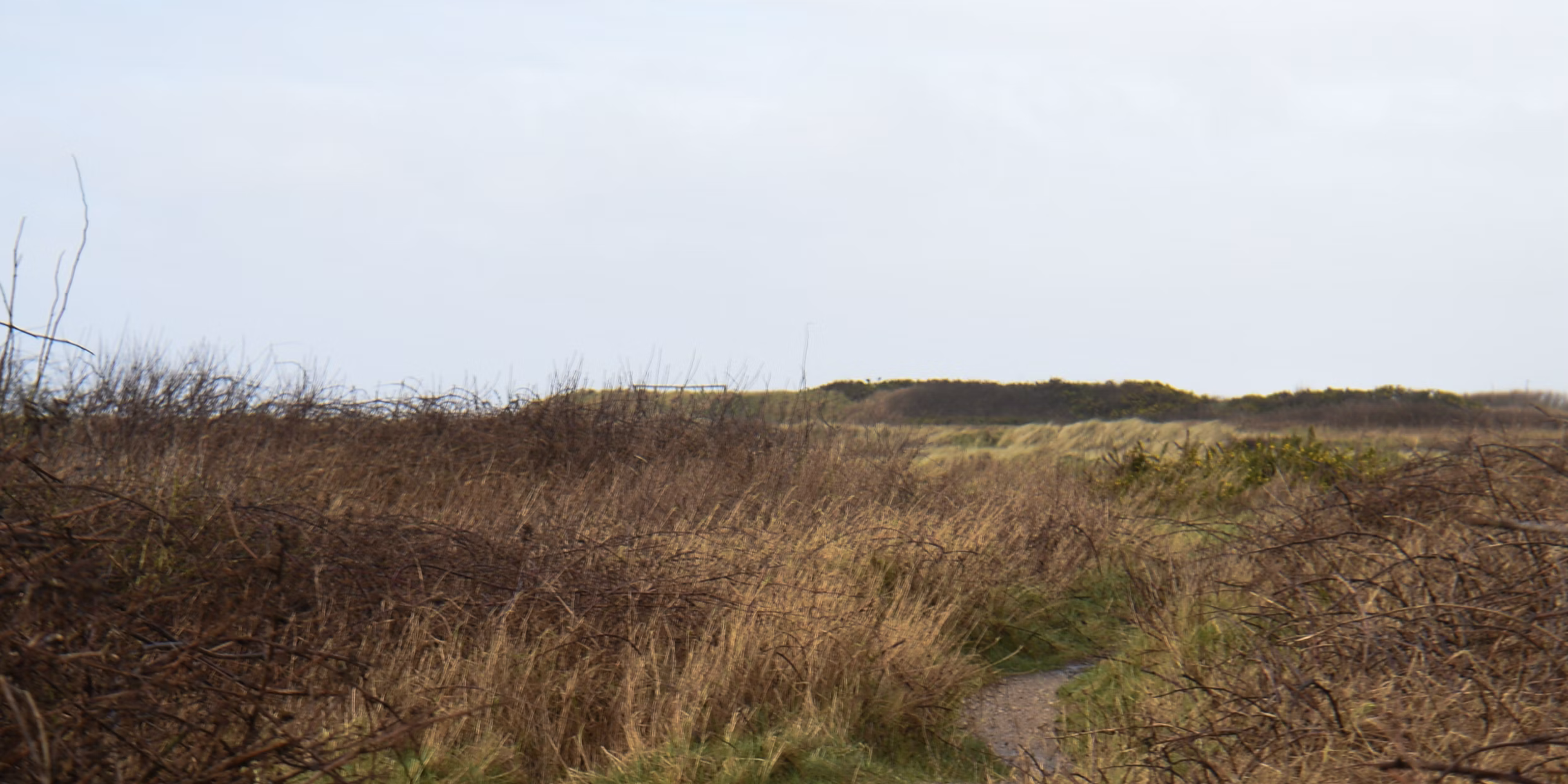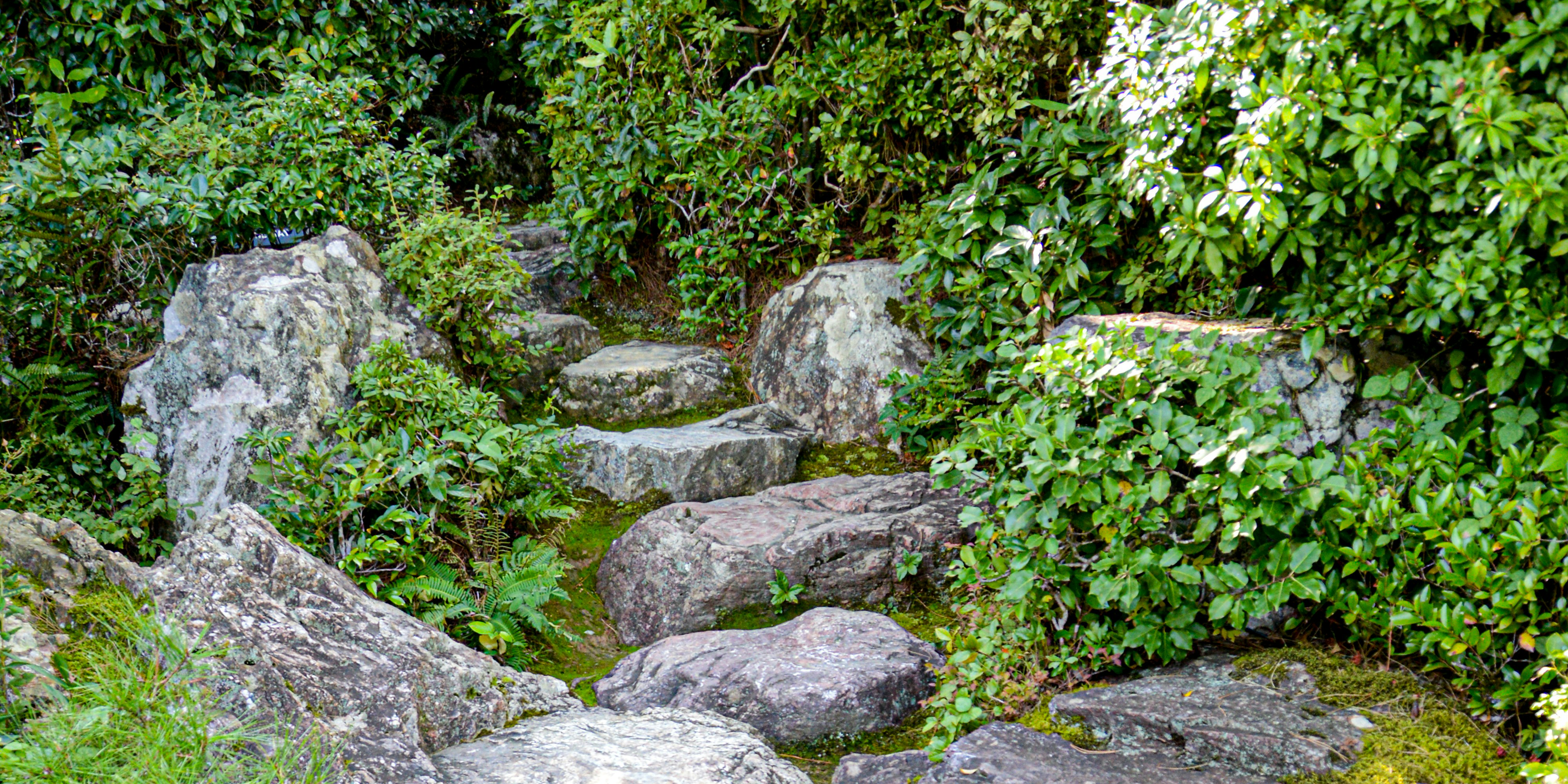An ecologically sound approach to gardening

In South Africa, the sad reality is that about 65% of general waste is sent to landfills, with only an estimated 32% of organic waste (food items and garden waste, among other raw materials) being recycled. According to the Department of Environmental Affairs and Development Planning (DEADP), the 68% of organic waste that is not currently being recycled could be diverted from landfills- and in doing so, becomes a key pillar in our fight against climate change – not to mention the benefit it can have on the environment.
Why is organic waste so important?
The United States Environmental Protection Agency, has stated that organic waste generates large amounts of methane – which is a greenhouse gas (GHG) that is more than 25 times as potent than carbon dioxide - during decomposition, and this gas, contributes significantly to global warming.
In fact, the risk of methane emissions (which also comes from agriculture) has emerged as a top threat to the global climate, with many scientists and climate activists calling for far more aggressive action to curb the potentially devasting effectives of GHG.
And strangely, there is such an easy way for us all to help – just through composting – as it reduces the release of methane during organic matter breakdown, which is good for the environment and, as we know, the resulting compost can be used as a fertiliser and soil enhancer.
For keen gardeners, a good compost pile is the equivalent of ‘liquid gold’. Not only will compost add rich nutrients to your soil and provide fuel for plant growth, but it is a fantastic way to use up plant cuttings and kitchen waste. At the same time, you can save money on chemical fertilisers and enjoy the advantages of a more organic, ecologically sound approach to gardening – all while attracting beneficial insects (like bees and butterflies), as well as birds.
In fact, composting is such a good option that even eartheasy, has stated that it can divert as much as 30% of household waste from the trash. So, just through a simple process, you get to reduce anaerobic decomposition in landfill sites, and less harmful methane is released into the atmosphere.
Another provision that offers sustainable solutions around different ways to manage organic waste is anaerobic digestion - the process used for industrial or domestic purposes to manage waste or to produce fuels through microorganisms breaking down biodegradable materials without oxygen. Food waste can be used as a valuable fuel through anaerobic digestion, which reduces reliance on coal-powered electricity for smaller entities and ensures a more sustainable electricity supply model. Furthermore, it provides an alternative to traditional, non-renewable fuels.
Interwaste, for instance, supplies a 4MW anaerobic digestion plant in Gauteng with organic waste, where the gas generated by this plant is used to generate electricity for a car manufacturer's plant in Rosslyn, Pretoria. Thus, the anaerobic digestion plant provides the manufacturer with up to 30% of its energy needs. Overall, these benefits include both energy production and energy conservation.
In addition to numerous environmental benefits, anaerobic digestion technologies have several economic benefits. For wastewater treatment facilities, it allows two-fold savings by reducing energy bills via onsite power production.
So, given the many benefits that these innovations offer, why aren’t more people separating their household waste and either making their own compost or supporting local composters? Similarly, we have to ask ourselves what the food industry is doing to mitigate the impact of their organic waste – given the large-scale impact that this can have.
This festive season why not take up this challenge and give composting a go? It’s easy – take a look here on how to make compost and get tips on how to utilise this natural mulch in your garden - you’ll not only helping your garden but the environment as well.




SUBMIT YOUR COMMENT